Electrolyte Overload: The 11 Common Sports Drinks Quietly Harming Your Kidneys
Sports drinks have become a familiar sight on grocery shelves, fitness centers, and even office desks. With promises of greater hydration, faster recovery, and a boost of energy, it’s easy to see why so many reach for brightly colored bottles after exercise or simply to quench daily thirst. Yet these convenient beverages, designed originally for performance athletes, are not always harmless for everyone—especially when it comes to your kidneys. While most of us think hydration is always positive—and, for the most part, it is—trouble can arise when we drink more than our bodies need, or consume electrolytes in amounts that go beyond what our kidneys can comfortably process.
1. Gatorade: Electrolyte Flood for Everyday Drinkers
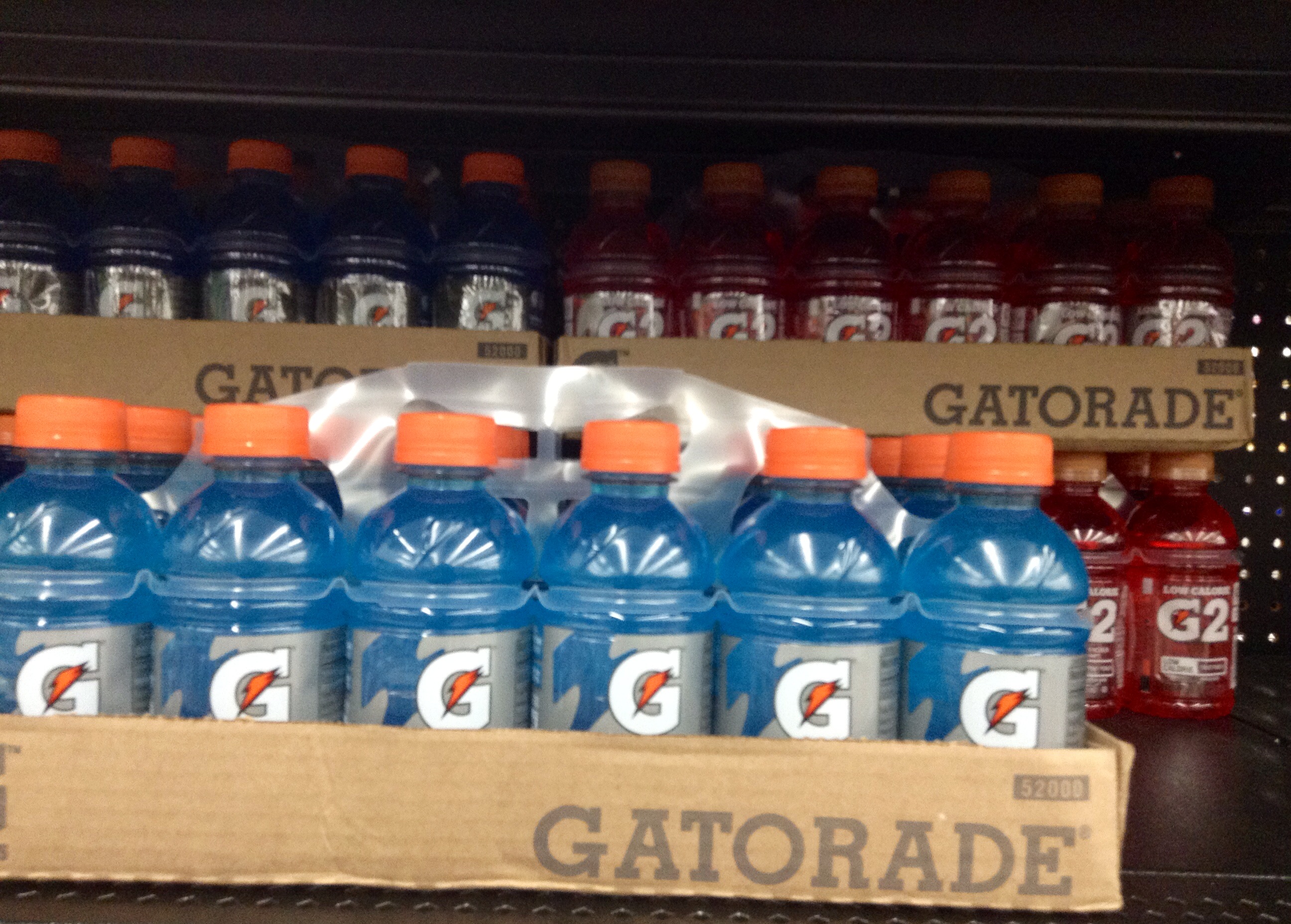
Gatorade is arguably the world’s most recognized sports drink, credited with fueling everyone from professional athletes to weekend joggers. Its original formula was designed to address fluid and salt losses during extended exertion—think marathon runners or football players in heavy gear. But over time, Gatorade’s bright bottles have become a go-to beverage even for everyday thirst, and that’s where problems may quietly emerge.
2. Powerade: Hidden Sugars and Sodium Concerns
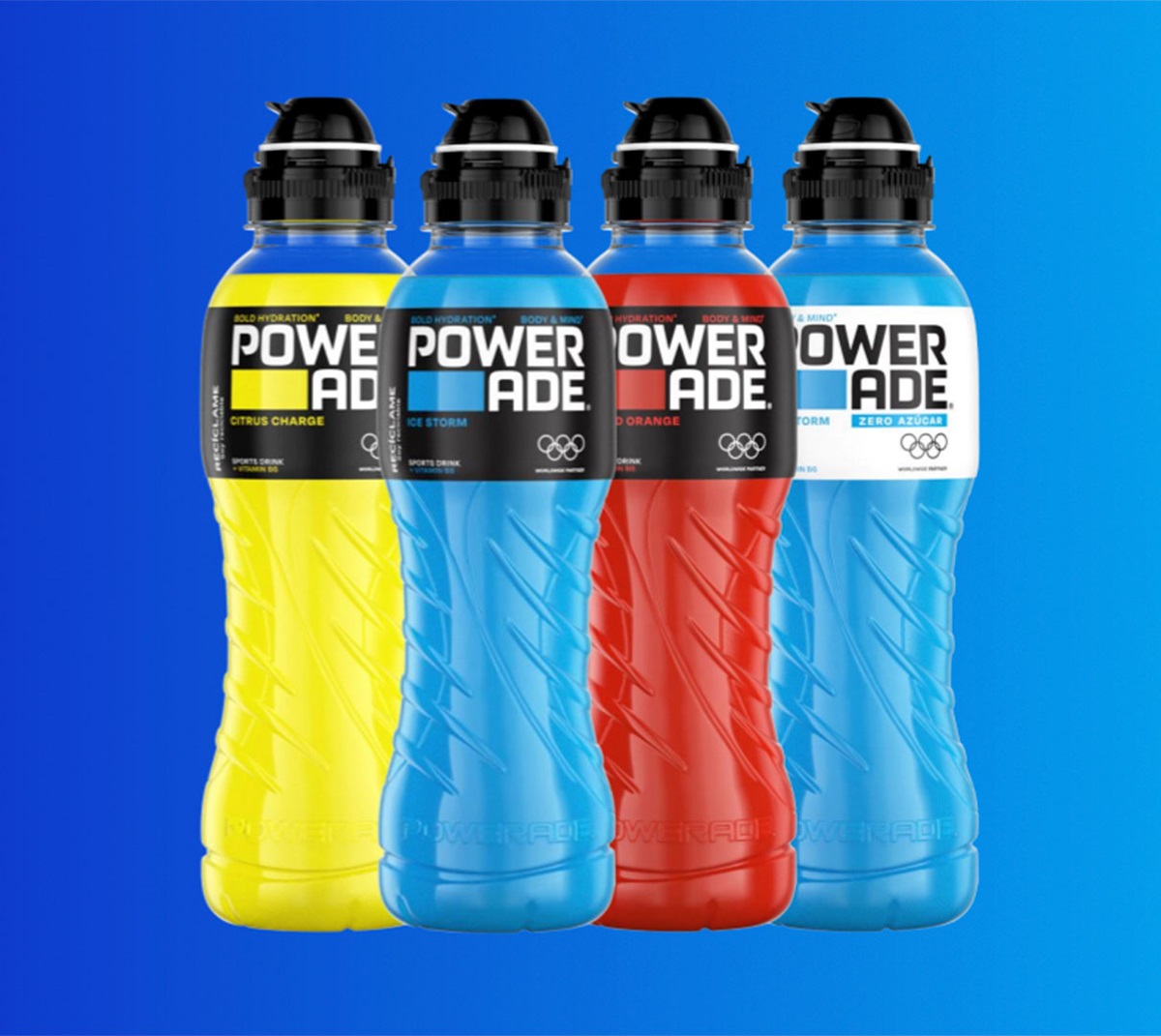
Powerade, the biggest Gatorade competitor, promises similar benefits—with a twist of added flavors and a slightly different mix of sugars and minerals. Many grab a bottle after a gym session, thinking the beverage delivers a quick hydration fix. But like many sports drinks, Powerade contains a hefty dose of sugars, along with sodium and potassium. While these ingredients help replenish what’s lost during intense physical activity, they can cause trouble for the kidneys and blood vessels if consumed without a real need for them.
3. BodyArmor: Coconut Water and Potassium Pitfalls
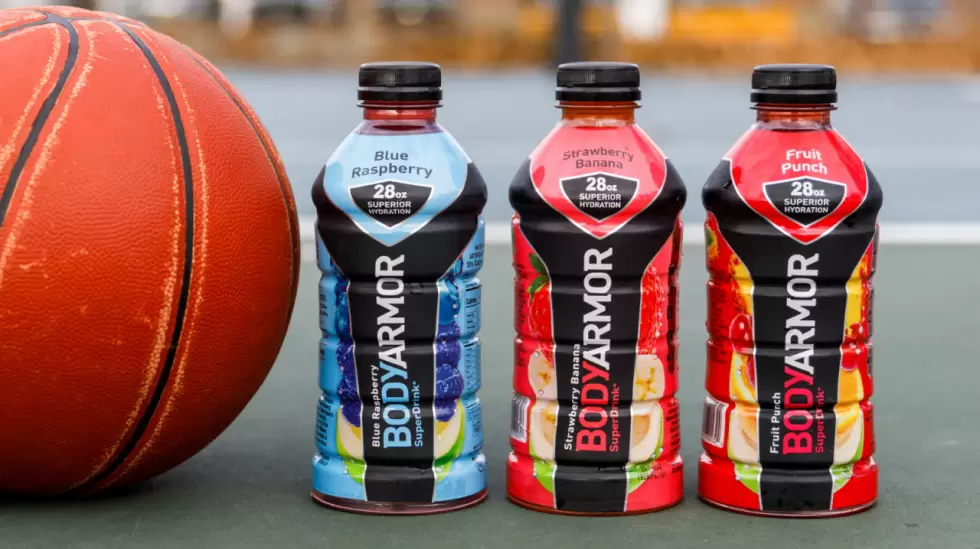
BodyArmor differentiates itself in the sports drink aisle by using coconut water—a natural source of potassium—as its base. The appeal of “natural” electrolytes has fueled BodyArmor’s rise, but it also brings a hidden hazard for anyone with vulnerable kidneys. Coconut water, while hydrating for many, is surprisingly high in potassium, which can be especially dangerous for those managing kidney conditions or following a restricted diet.
4. Vitaminwater: Electrolytes with Sneaky Additives
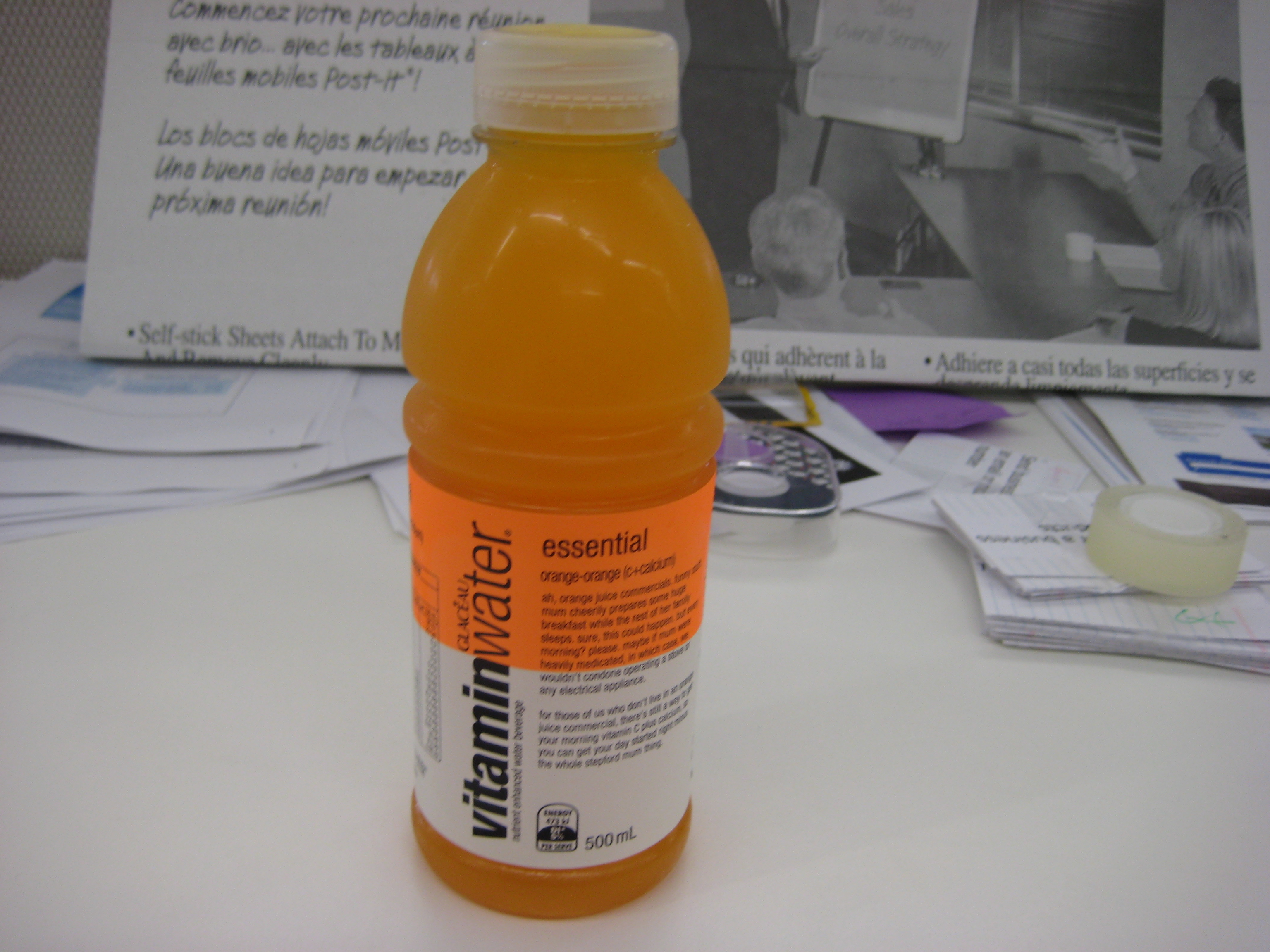
Vitaminwater positions itself as the “healthy” alternative to soda—a splash of vitamins, a handful of electrolytes, and sweet flavors that make plain water seem almost dull. This reputation has made it a popular choice for people aiming to hydrate smarter. But beneath the friendly label, many Vitaminwater varieties deliver more than hydration: added sugars, sodium, and sometimes phosphate-based ingredients that can add stress to aging or vulnerable kidneys.
5. Propel: Electrolytes without Calories, But Not Without Risks
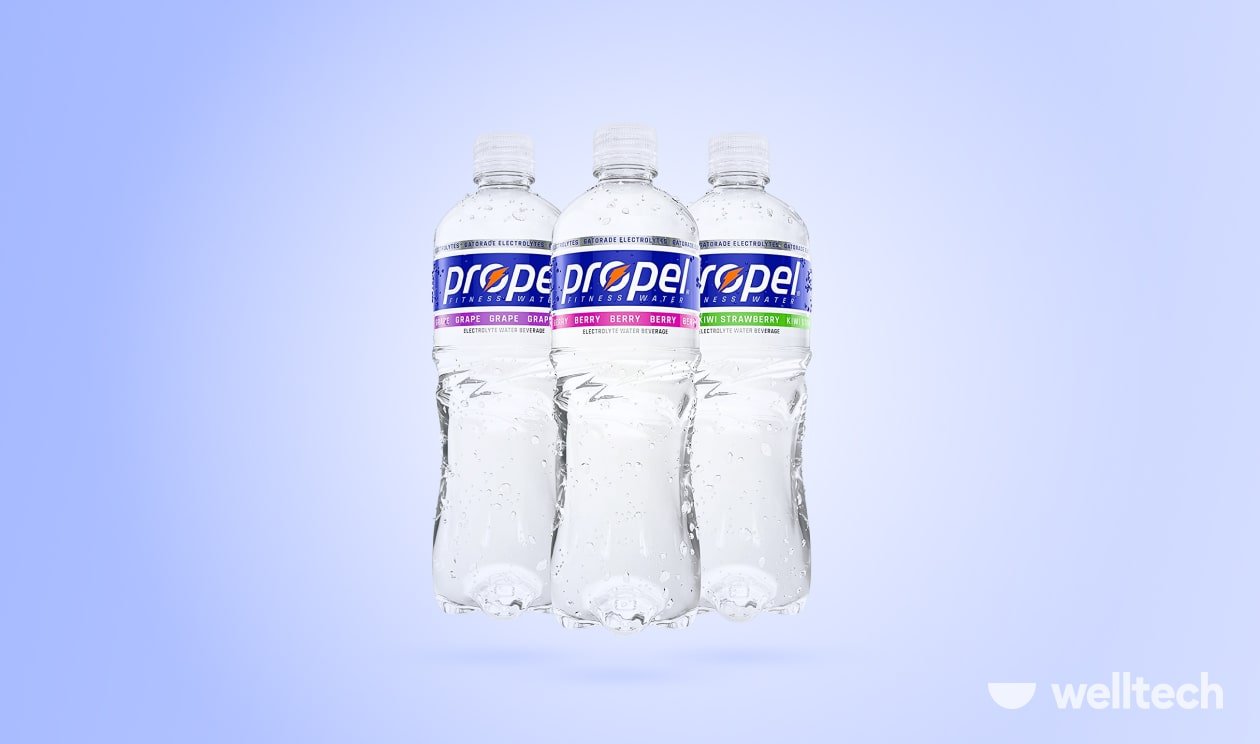
Propel stands out in the sports drink crowd for what it leaves out: sugar and calories. Marketed as a zero-calorie hydration option, Propel still includes electrolytes and sometimes even phosphate additives, similar to its higher-calorie cousins. This combo can make it tempting to drink several bottles a day—after all, there’s no “guilt” from sugar or calories, right? However, those extra electrolytes may still pose a challenge for sensitive kidneys when consumed in quantity.
6. Coconut Water Sport Blends: High Potassium—Not Just for the Beach
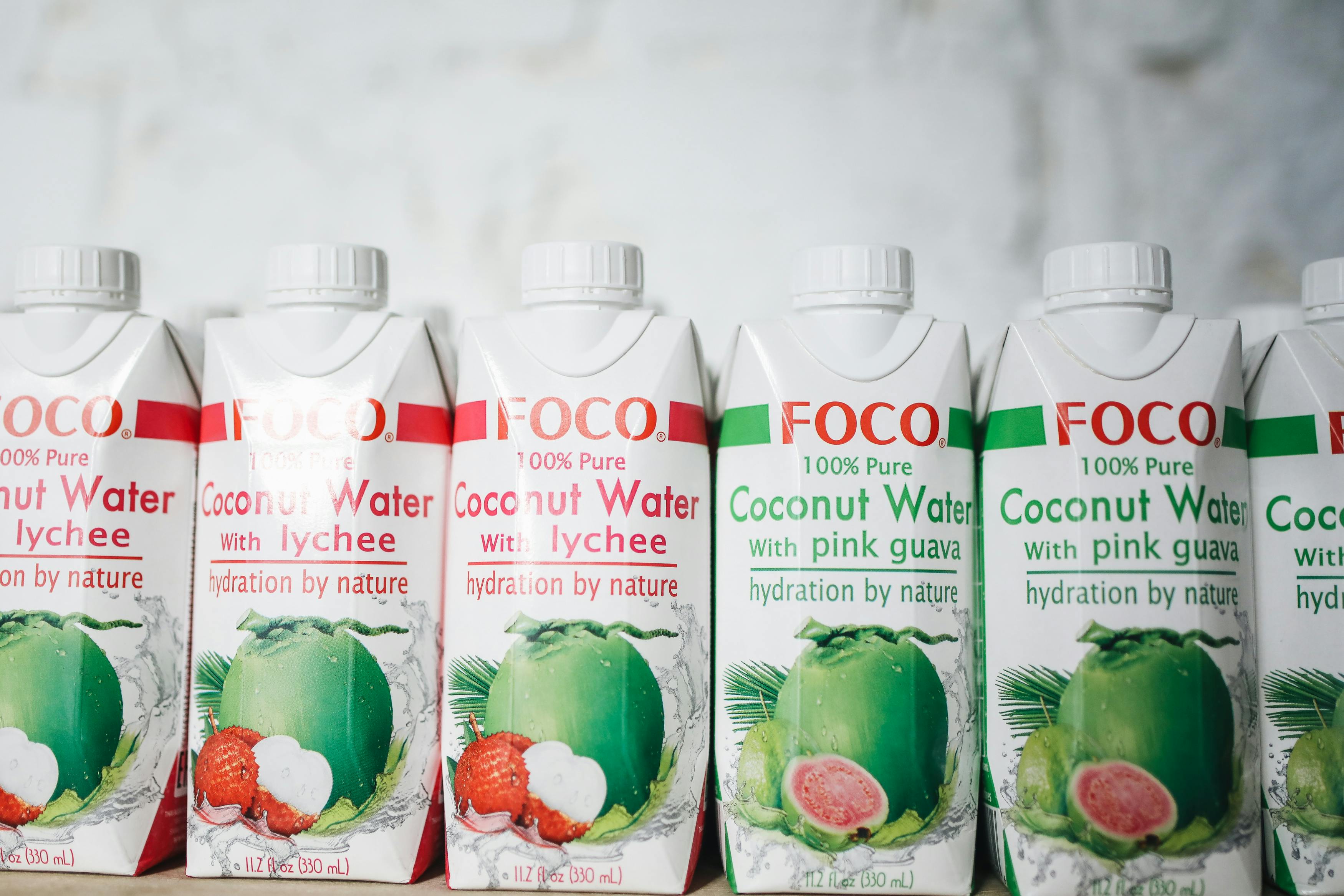
Once a niche specialty, coconut water has gone mainstream—especially in hybrid “sport” drinks combining coconut with added electrolytes for an extra boost. The marketing speaks of nature, wellness, and hydration, but the real story is in the potassium content. For the average healthy person, occasional coconut water isn’t an issue. But for anyone with reduced kidney function, high potassium levels can cause more harm than good—sometimes raising potassium in the blood to dangerous levels, a condition known medically as hyperkalemia.
7. Electrolyte Powders/Drops: Concentrated Potassium Load
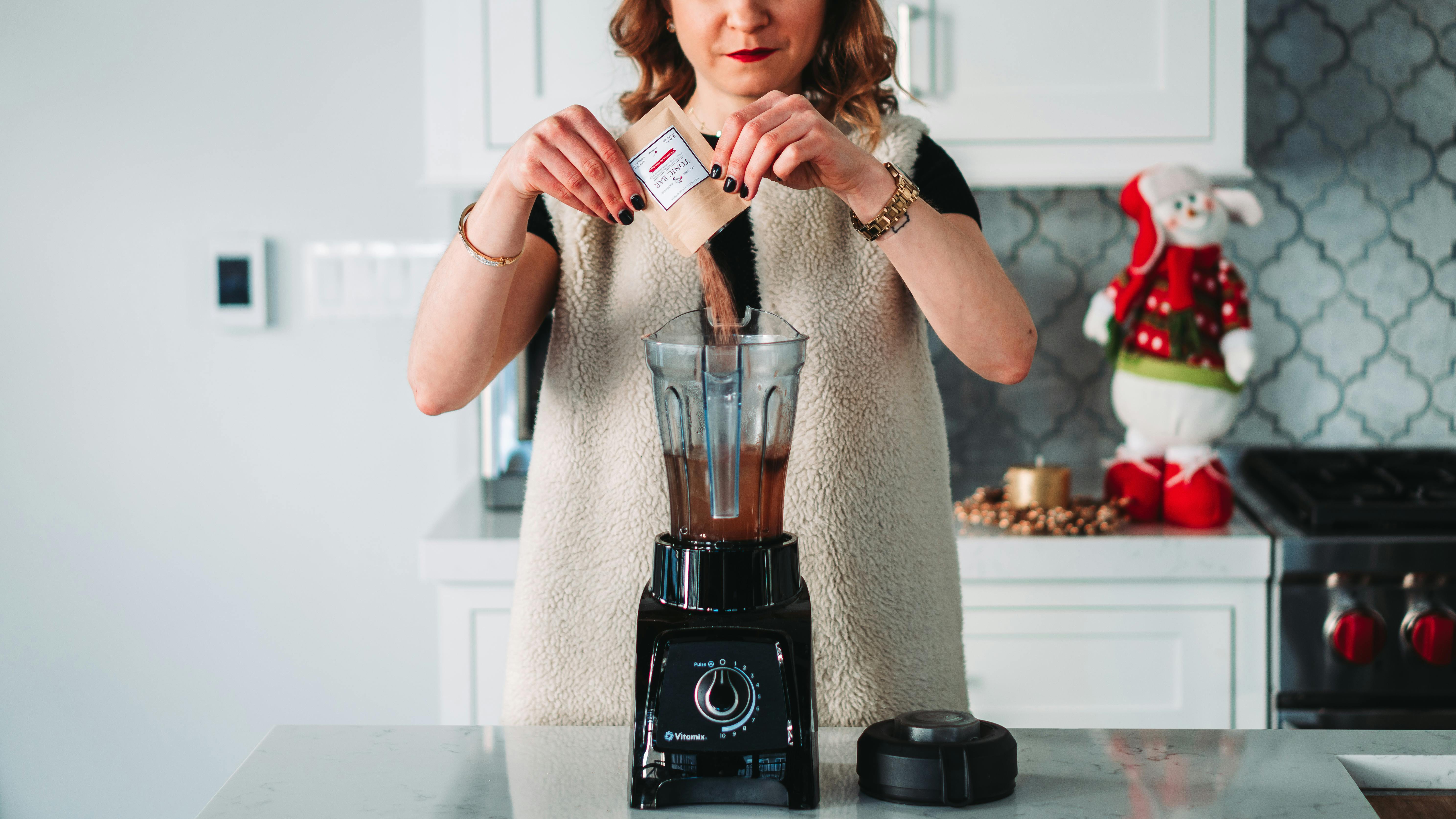
Many health-conscious individuals swap sugary bottles for portable electrolyte powders or drops (often marketed as "keto" or "zero-sugar" hydration enhancers). These products pose a greater, immediate risk because they deliver electrolytes in a highly concentrated form. They are often designed to replace all electrolytes lost during an intense day, containing very high, unregulated doses of Potassium and Sodium in just one serving. Consuming these concentrated packets throughout the day, without genuine, high-volume sweat loss, forces the kidneys to work overtime to filter and excrete the unneeded mineral overload, risking acute kidney stress and dangerous electrolyte imbalances.
8. Pre-Workout Formulas: Creatine and Caffeine Strain
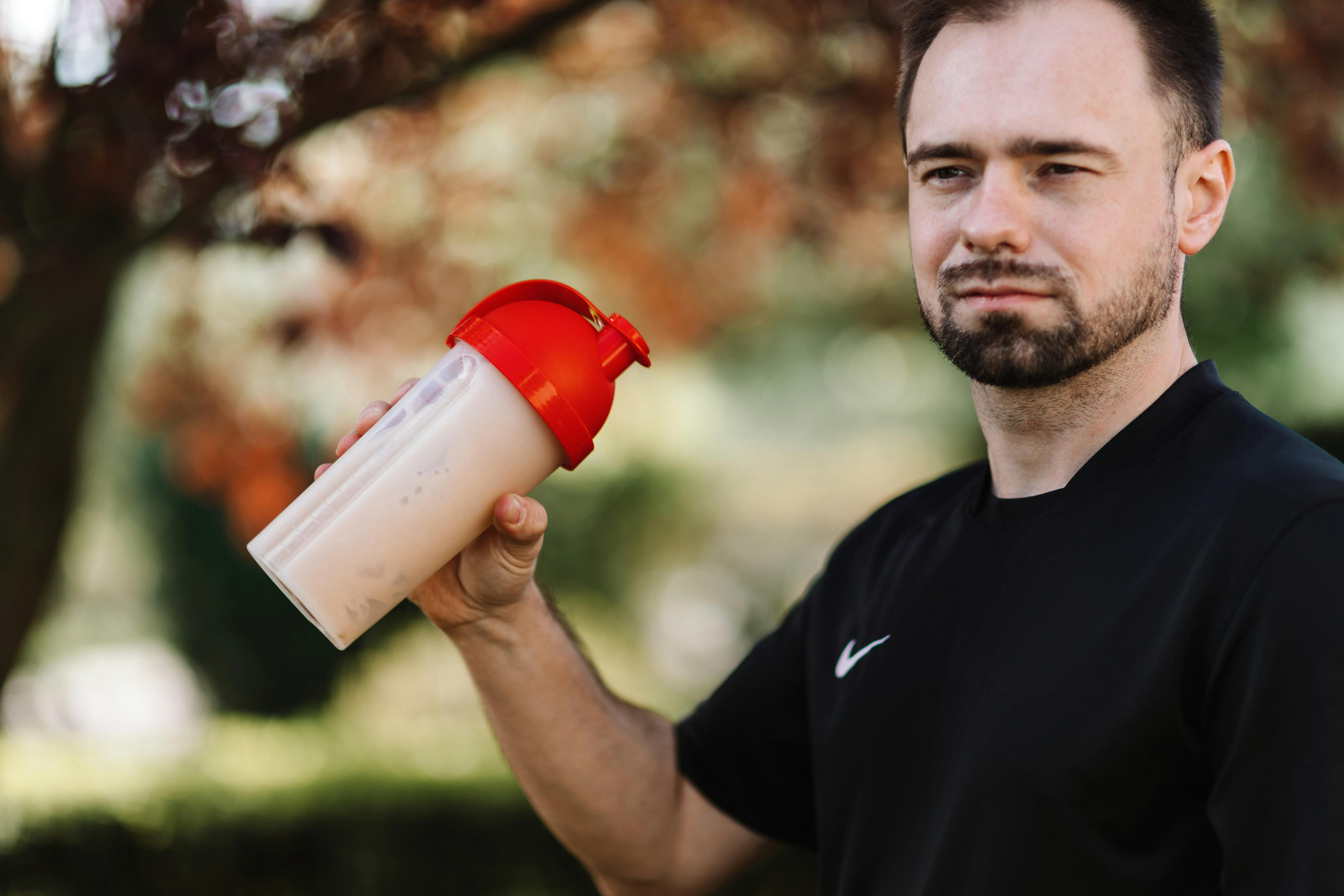
Pre-workout powders, consumed before exercise, are a hidden source of renal stress due to their potent cocktail of ingredients. Many contain high doses of creatine, a supplement that can increase creatinine levels and place additional filtration demands on the kidneys, which is especially concerning for pre-existing kidney issues. Furthermore, the massive amounts of caffeine and vasodilators (L-Arginine, Citrulline) create dramatic shifts in blood flow and dehydration risk. This combined metabolic and filtration load is extremely taxing, turning a perceived performance boost into a genuine kidney risk if consumed regularly without careful moderation and perfect hydration.
9. Enhanced Alkaline Waters: Added Bicarbonate Challenge
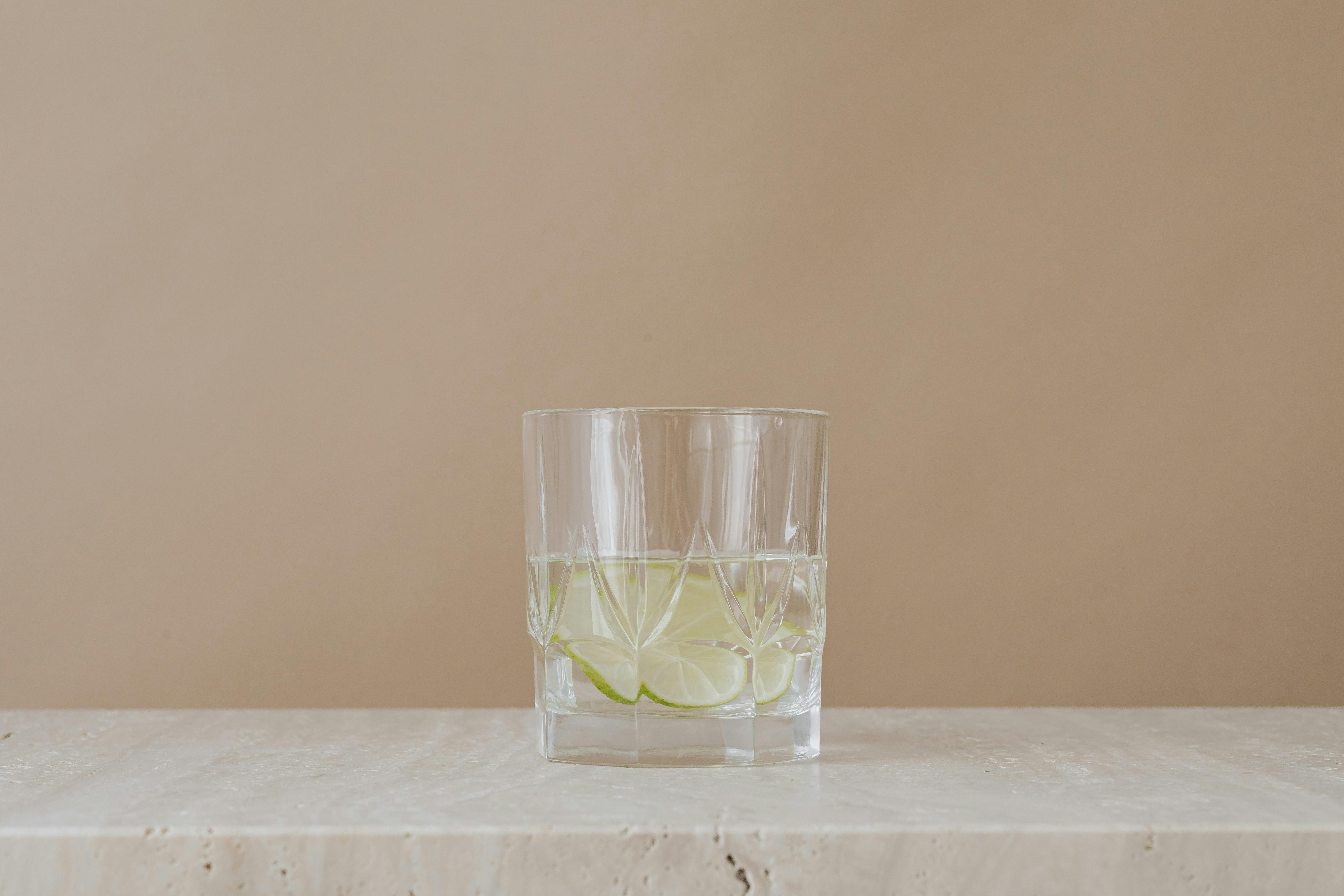
Alkaline waters, particularly those that are chemically enhanced (not naturally sourced) with added minerals like calcium bicarbonate or magnesium sulfate, can pose a subtle challenge. These beverages promise to "balance pH," but for healthy individuals, the kidneys already manage blood pH perfectly. Consuming high volumes of these chemically altered waters forces the kidneys to constantly work to maintain the body's natural acid-base balance by excreting the excess bicarbonates and minerals. This sustained, unnecessary workload adds chronic filtering stress that can be easily avoided by choosing simple, naturally filtered water.
10. Protein Water/Collagen Drinks: High Nitrogen Waste Load
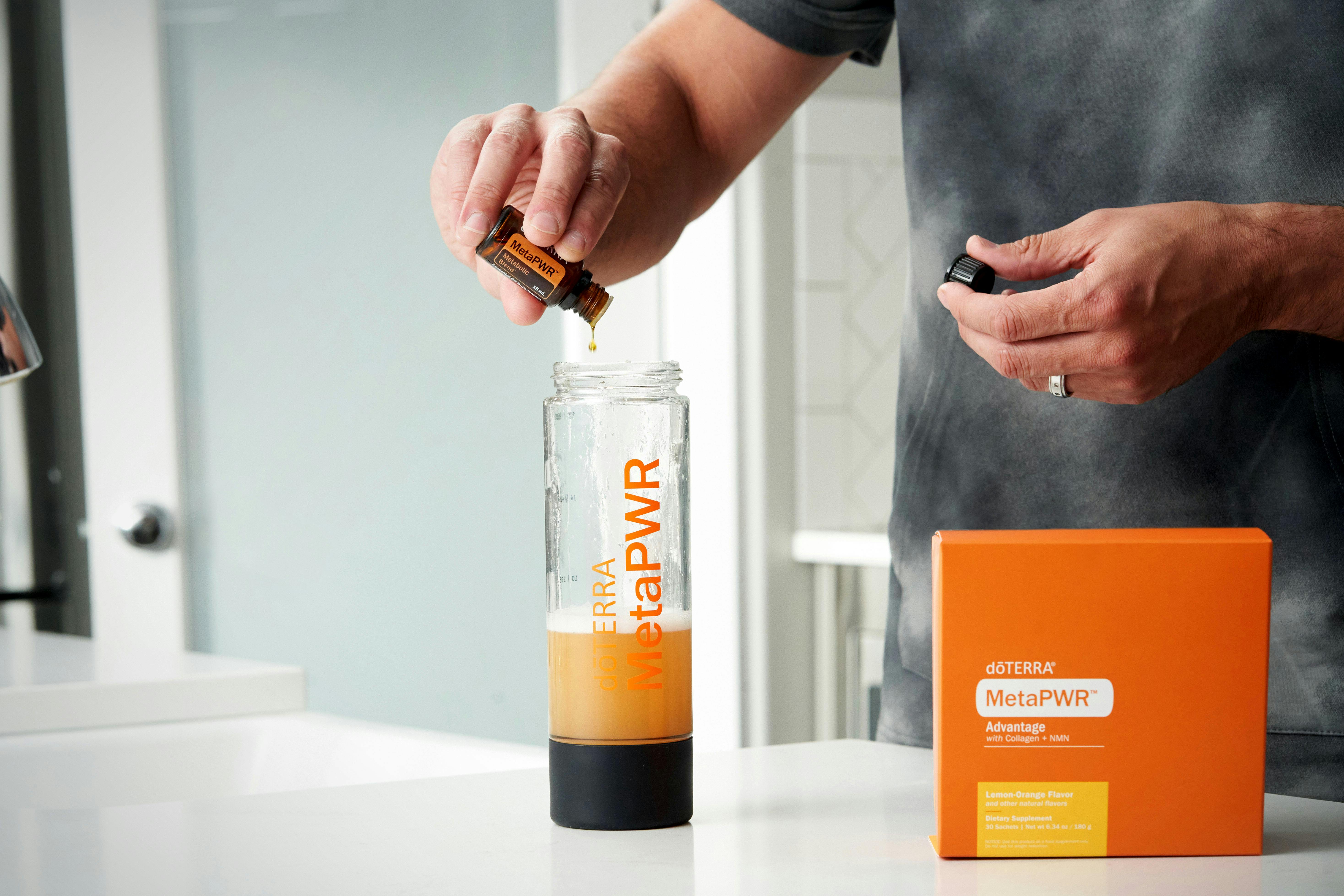
Protein waters and clear collagen-based drinks are marketed as easy, immediate protein sources for recovery. However, consuming significant amounts of isolated protein requires the kidneys to filter and excrete a large volume of nitrogenous waste (urea), the byproduct of protein metabolism. For individuals with reduced kidney function, this sudden high nitrogen load is a critical issue that the kidneys may not be able to handle efficiently. Choosing these quick protein boosts without a genuine need, or neglecting to increase water intake alongside them, puts undue, heavy pressure on the renal system.
11. Tart Cherry Juice Blends: Potassium and Phosphate Double Hit
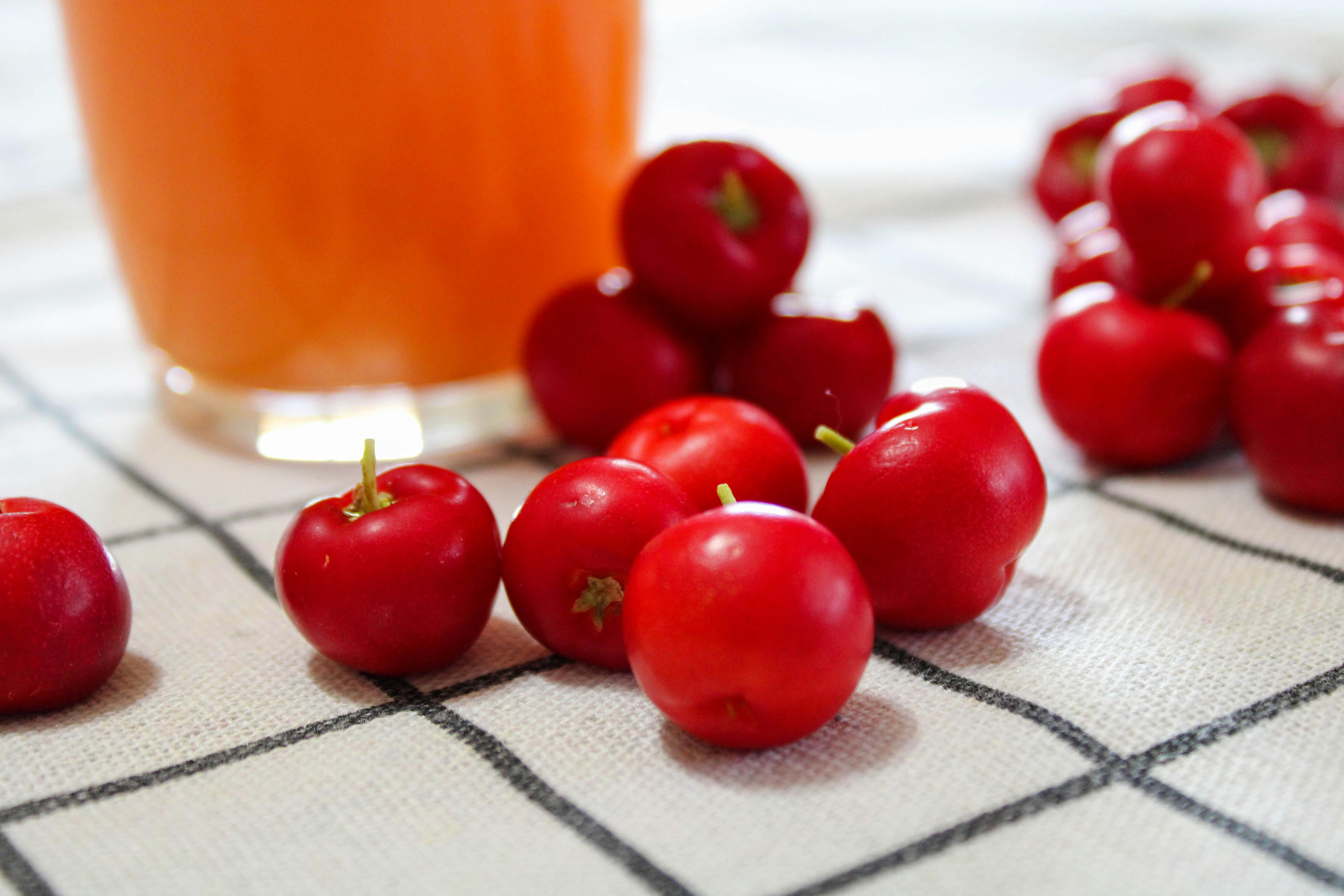
Tart cherry juice is often recommended for its anti-inflammatory properties, but pre-packaged cherry juice blends (often mixed with other fruit juices) can be misleading. Beyond natural potassium, the commercial processing of fruit juices can sometimes concentrate naturally occurring phosphates. For vulnerable kidneys, both excessive potassium and phosphate are problematic because their inefficient clearance can lead to serious blood imbalances (Hyperphosphatemia, Hyperkalemia). Choosing these blends casually adds a high, double mineral load, turning a health-focused choice into a filtration challenge that pure water avoids.
Empowering Kidney-Friendly Choices Every Day
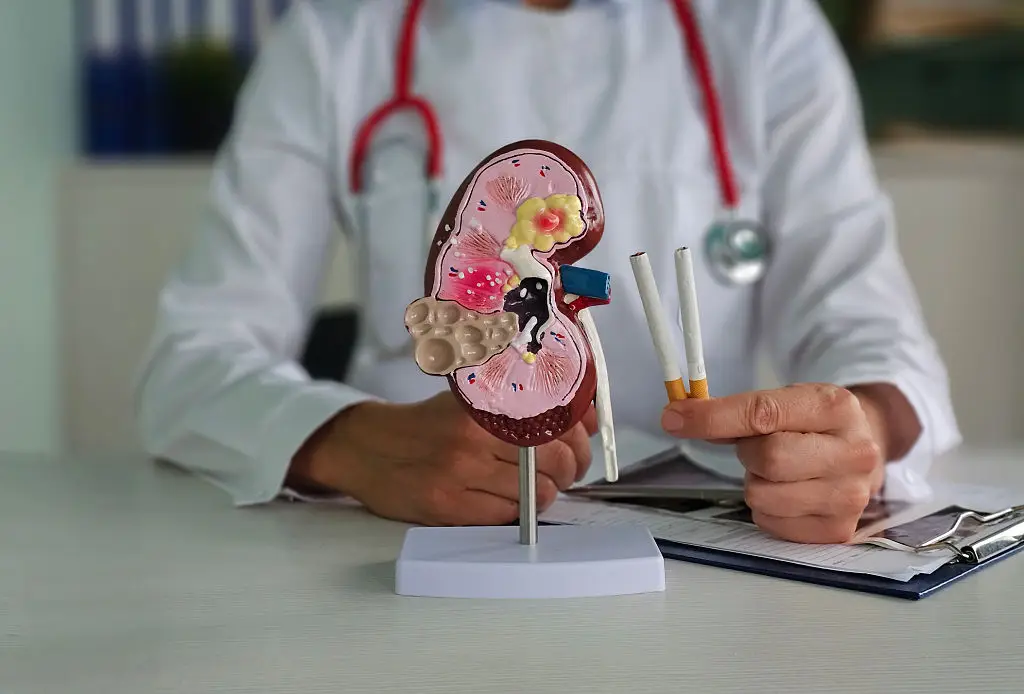
At the end of the day, sports drinks can play a useful role for those pushing their bodies to the limit. Yet, as with so much in life, context and moderation matter. The ingredients that make these drinks so effective on the field can work against us when sipped casually, especially for those dealing with kidney health concerns or aiming to protect those resilient little organs for years to come. Instead of labeling any particular beverage as “off-limits,” we encourage you to take a gentle, curious look at your own habits and health status.
